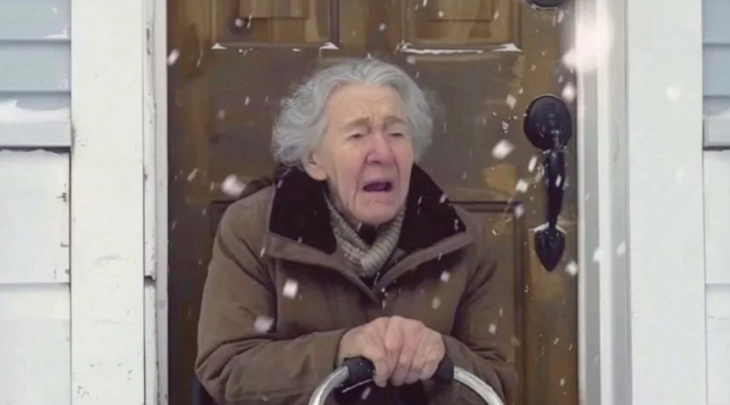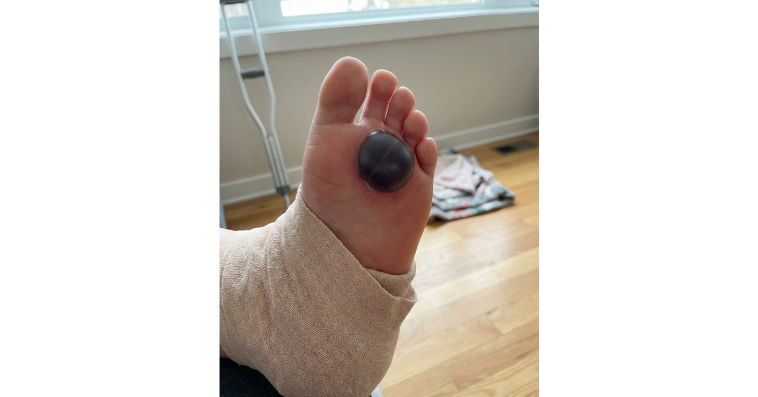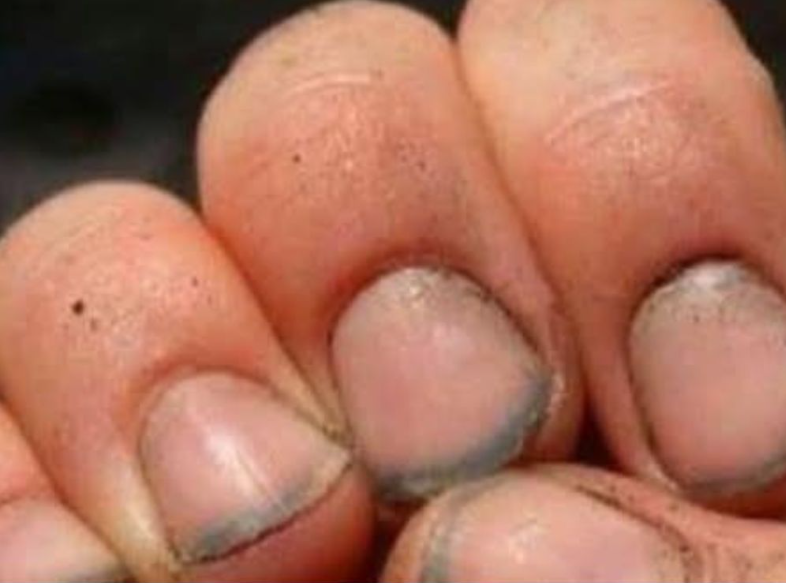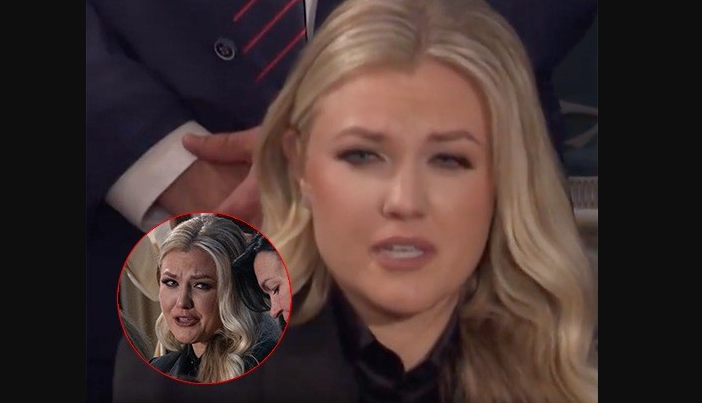Amelia was eager to meet her newborn grandson. But when her son, Mark, refused to pick her up, she decided to make the journey on foot, despite relying on a walker. The hours-long walk was grueling, but Amelia’s determination kept her going. When she finally arrived at Mark’s house, he shockingly barred her from entering.
Earlier, during their phone call, Amelia had pleaded with Mark to come and pick her up.
“I can’t, Mom,” Mark said firmly. “I’ve got errands to run for Camilla, and we have other visitors coming. We’ll set a time for you to meet the baby.”
“It won’t take long by car,” Amelia tried to reason, but Mark dismissed her. “Not now, Mom. We’ll talk later,” he said before hanging up abruptly.
Amelia sat back with a sigh. Her excitement to meet her grandson was overshadowed by Mark’s indifference. Over the years, she had noticed a growing distance between them, particularly after his marriage to Camilla, who came from a wealthy family. Mark, raised modestly by Amelia as a single mother, now lived a life of luxury gifted by Camilla’s parents. It pained Amelia to feel excluded, as if Mark was ashamed of his roots.
Determined, Amelia decided to walk to Mark’s house. Public transportation wasn’t an option, and she couldn’t afford other means. Grabbing her walker and a carefully prepared bag, she set off. The journey was exhausting, taking over five hours. Finally, she reached Mark’s doorstep, tired but hopeful.
When Mark answered the door, his expression was not welcoming. “Mom? What are you doing here?” he asked, frowning.
“I came to see my grandson,” Amelia said with a weak but eager smile. “I even brought something special.”
Mark’s demeanor turned cold. “I told you to wait. You can’t be here right now. Please, just go home,” he snapped, glancing nervously behind him. Before Amelia could respond, he closed the door, leaving her stunned.
Tears filled her eyes as she stood there, rejected. She placed the bag—filled with Mark’s cherished childhood toys—on his doorstep and began the long walk home. Thankfully, a neighbor, Mrs. Cassavetes, saw her and offered a ride. Once home, Amelia collapsed on her couch, her legs swollen and inflamed. She rested as best as she could, icing her legs and taking pain relievers.
Later that night, Mark finally noticed the bag his mother had left. Opening it, he saw his old toys, items that held deep sentimental value. Overcome with guilt, he broke down. His wife, Camilla, found him in tears.
“What’s wrong?” she asked gently.
Mark confessed everything: his shame about his modest upbringing and how it had caused him to distance himself from his family. “I was horrible to my mom today,” he admitted.
Camilla comforted him and urged him to make amends immediately. Mark drove to Amelia’s house, using his spare key to let himself in. He found her asleep on the couch, her legs still wrapped in cold compresses.
“Mom,” he whispered, gently waking her.
“Mark? Why are you here?” Amelia asked groggily.
Without answering, Mark carried her to her bedroom, refreshed her cold compresses, and prepared a light meal. Over tea, he apologized tearfully, admitting his feelings of shame and regret.
“I suspected you felt that way,” Amelia said softly, hugging him. “But I’m proud of you for apologizing. That’s what I taught you—when you make a mistake, you fix it.”
Mark spent the night with her, ensuring she was comfortable. The next day, he took her to his house to finally meet her grandson, Hans. Camilla apologized too, admitting she should have checked on Amelia’s absence. Together, they shared a heartfelt day, and Amelia offered parenting advice to the new parents.
Moved by the experience, Mark invited Amelia to move in with them, ensuring she would never feel alone or excluded again. Their relationship healed, and Amelia became an integral part of their family.






